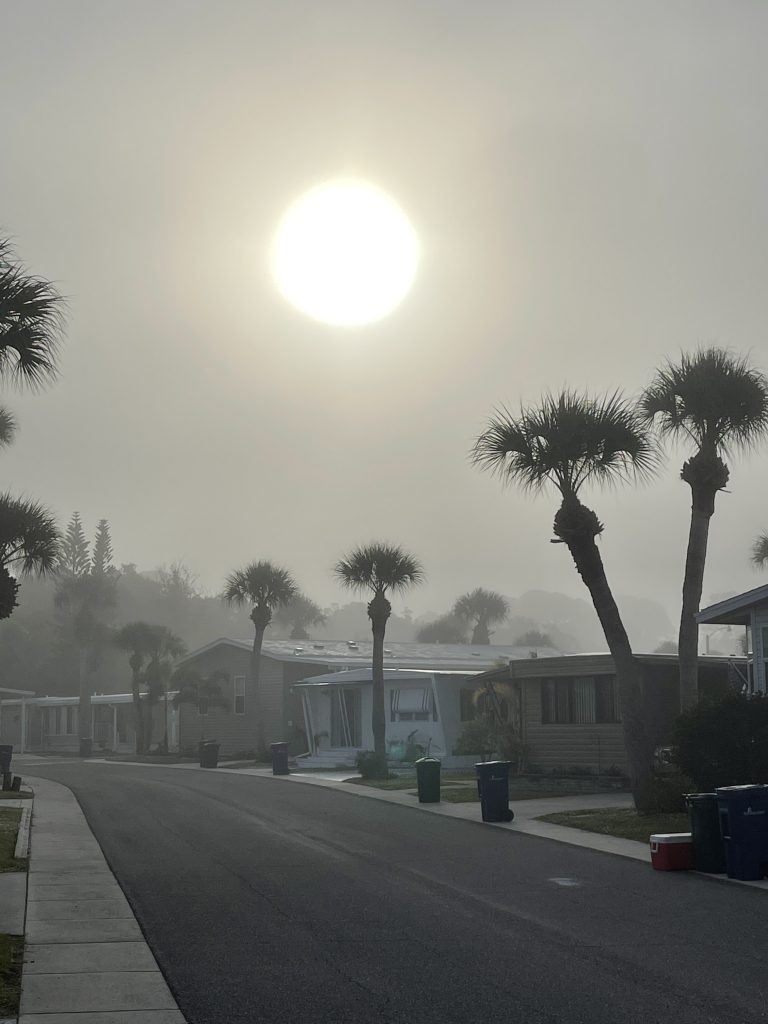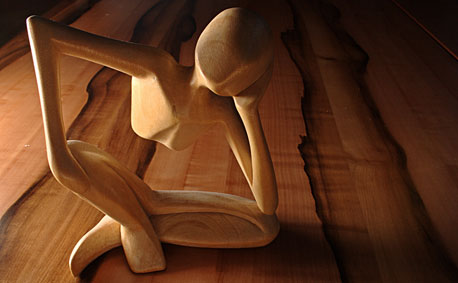
Not surprising, but disappointing, I received only one response (pictured on the left)to my challenge to suggest signs you would place along your life’s road to remind you of things you know but forget. If you have not read the previous post click HERE. The challenge remains open.
Intolerance
Instead of offering rigorous and compelling arguments in defense of what we understand to be true, some simply take up the other side of the rope in a tug-of-war game of intolerance, making each side no different from the other side.
….some things are clearly and simply wrong. It takes wisdom to discern what should be tolerated and what should not. It also takes wisdom to know when to speak up and when to wait. It takes wisdom to understand when institutions are set up to perpetuate wrong rather than prevent it, to recognize when corruption is a feature, not a bug.
Karen Swallow Prior
Wisdom
The moral logic of creation becomes visible to us in the life of Jesus. Jesus is wisdom incarnate, wisdom in the flesh. To live wisely, to follow the grain of the universe, is to imitate Jesus. This changes how we might think about questions of “right versus wrong.” Is it “wrong” to build a house out of marshmallows? Well, not exactly. But it is foolish. The same goes for how you build your life. As Jesus says at the end of the Sermon on the Mount:
“Therefore everyone who hears these words of mine and puts them into practice is like a wise man who built his house on the rock. The rain came down, the streams rose, and the winds blew and beat against that house; yet it did not fall, because it had its foundation on the rock.” (Matthew 7:24-27)
Life is full of storms. You might be in a storm right now. Look at the choices you are making. Are you building wisely? Because you will get to where you are going.
Richard Beck
The truth will set you free, …
but first it might break your heart. We need broken-hearted people overflowing with empathy if we want to heal this country.
[Jesus talks about] peacemakers [not] peacekeepers. [Peacekeepers avoid conflict while peacemakers enter into the conflict to make peace.]
Kristen Powers
Doing Good
“We need to make the kind of society where it is easier for people to be good,” said Peter Maurin (1877–1949). [1] That is our difficulty today. We are surrounded by good, well-meaning folks who are swept along in a stream of shallow options. Not only is the good made increasingly difficult to do, it is even difficult to recognize. It seems that affluence takes away the clear awareness of what is life and what is death. I don’t think the rich are any more or less sinful than the poor; they just have many more ways to call their sin virtue. There is a definite deadening of the awareness of true good and true evil.
Richard Rohr
Prayer Life
There is a tendency, I think, to conceive of our prayer life as an effort that somehow gains us something. Like so much in our lives, we imagine prayer to belong to the realm of cause and effect. “If I do this…then this will be the result.” There is no causation in the spiritual life, at least not in any manner we can imagine. God alone is the Cause, and He “causelessly” causes – we can never truly observe His causation: it remains out-of-sight. Self-emptying is an embracing and acknowledging of the complete futility of our efforts. We cannot cause anything in our spiritual life. We cannot add a “single cubit” to our span of life; we cannot make our hair white or dark. God is the cause of our existence and is alone the source of eternal life and blessing.
Fr Stephen Freeman
Lying
…the Fathers write about three things that are somewhat interchangeable: Goodness, Beauty, Truth.
This sense of the connection between the words we speak and the goodness, beauty and truth of the world find a connection in the simple injunction: “Do not lie.” We generally think of lying as being sinful because it has the potential to cause harm. And we thus describe certain lies as “harmless.” But there is a deeper problem with lying: it attempts to create what does not exist, or, rather, to uncreate what does. It becomes the enemy of Goodness, Beauty and Truth. We should take to heart the fact that our adversary is named the “father of lies” (Jn. 8:44).
Fr Stephen Freeman
We.. must not try to make our own imprint of God by projecting onto him conclusions about what he is like deduced from our own life experiences, conceptions, and expectations.
Greg Boyd
Resistance and Opposition
We must know the difference between resistance and opposition. Resistance to our proposal or plan of attack is most often a good thing. It helps to test, clarify, sharpen, and strengthen a plan. The sign of a mature leader is their ability to welcome resistance from others and receive influence. Opposition is a different matter. Opponents don’t usually want to test, clarify, sharpen, or strengthen. They want to advance their own course and often for their own ends. Resistance should be welcomed. Opposition must be confronted. Knowing the difference is the secret sauce of wise leadership.
J D Walt

View from the lanai
Same sunrise. Perspective is shaped from point of view.

Still on the Journey




